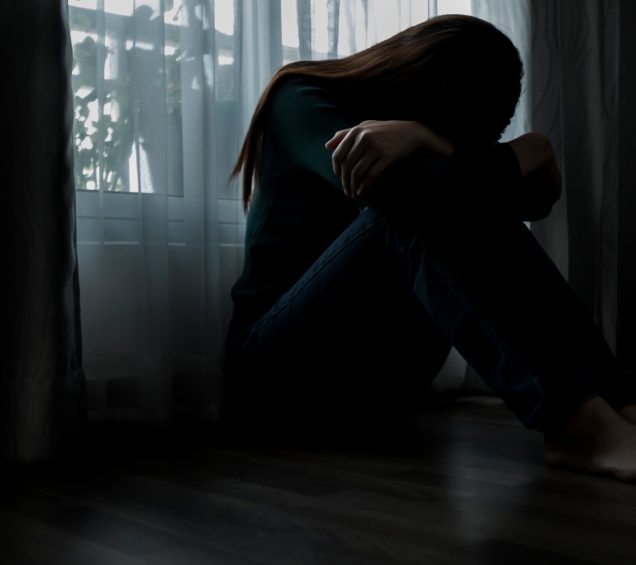Bipolar Disorder
What is Bipolar Disorder?
Bipolar Disorder is a mental illness characterized by episodes of elevated mood and energy levels (manic episodes) followed by episodes of extreme irritability and depression. It affects equal numbers of men and women, with typical onset between the ages of 15 and 25. While the cause of bipolar disorder is unknown, genetic factors are thought to play a role in its development.
Bipolar Disorder Symptoms
Though manic and depressive phases vary in severity and degree, most patients experience similar bipolar symptoms. Symptoms of the manic, or elevated phase, include:
- intense mood swings
- increased energy
- racing thoughts
- excessive talking
- delusions of grandeur
- excessive self-esteem
- reckless behavior
- lack of control (including binge eating, drug/alcohol abuse, and promiscuity)
- short temper
- poor judgment
- little need for sleep
- distraction
- agitation
- suicidal thoughts
Episodes of Mania Symptoms
Manic phases occur unpredictably and can last days or months. The swing to the depressed phase can happen quite quickly (though sometimes a mixed state, in which both manic and depressive symptoms are present at once, follows manic episodes.)
During the depressed phase, patients experience:
- sadness
- difficulty concentrating, remembering, or making decisions
- feelings of worthlessness
- hopelessness or guilt
- low self-esteem
- loss of enjoyment
- eating problems, including either loss of appetite and weight loss or binge eating and weight gain
- insomnia or excess sleep
- isolation from friends and family
- thoughts of suicide and death
- depressive episodes
Individuals who suffer from bipolar disorder are often drawn to alcohol and drug abuse throughout both phases. Substance abuse can make bipolar symptoms worse and increase one’s risk of suicide.
Types of Bipolar Disorders
There are several types of bipolar disorder:
- Bipolar I Disorder: Individuals have had at least one manic episode and experience periods of major bipolar depression. (In the past, Type 1 bipolar was called manic depression.)
- Bipolar II Disorder: Individuals have never had full mania. Instead, they experience periods of high energy and impulsiveness that are not as extreme as mania. These periods, called hypomania, alternate with episodes of depression.
- Clyclomythia: A mild form of bipolar disorder that involves less severe mood swings, Cyclomythia involves periods of hypomanic episodes, and mild depression.
People with bipolar disorder type II or cyclothymia may be mistakenly diagnosed as having depression.
Bipolar and Substance Use Disorder
Oftentimes, those struggling with personality disorders or anxiety disorders are prescribed medications to help manage symptoms. It is important to work closely with your prescriber to ensure the safe use of prescription drugs in order to avoid dependence or overdose.
Treating Bipolar Disorder
If you or a loved one needs help overcoming bipolar disorder, Caron is here for you. Please explore our support groups or contact us for more information. We offer various support options and treatments such as mood stabilizers, cognitive behavioral therapy, and talk therapy to address symptoms of depression.
Create a Treatment Plan with Caron Treatment Centers Today
At Caron Treatment Centers, our team of professionals wants to ensure the well-being and quality of life of the individuals we work with. We collaborate with individuals struggling with bipolar disorder to help them best manage their mood state and address warning signs or manic episodes. To create an effective treatment plan, contact Caron today.
Continue Learning About Bipolar Disorder
Take the next step:
Start with an online form
-
Caron in Pennsylvania
1-800-854-6023 -
Caron in Florida
1-800-221-6500 -
Breakthrough at Caron
1-800-213-7834




